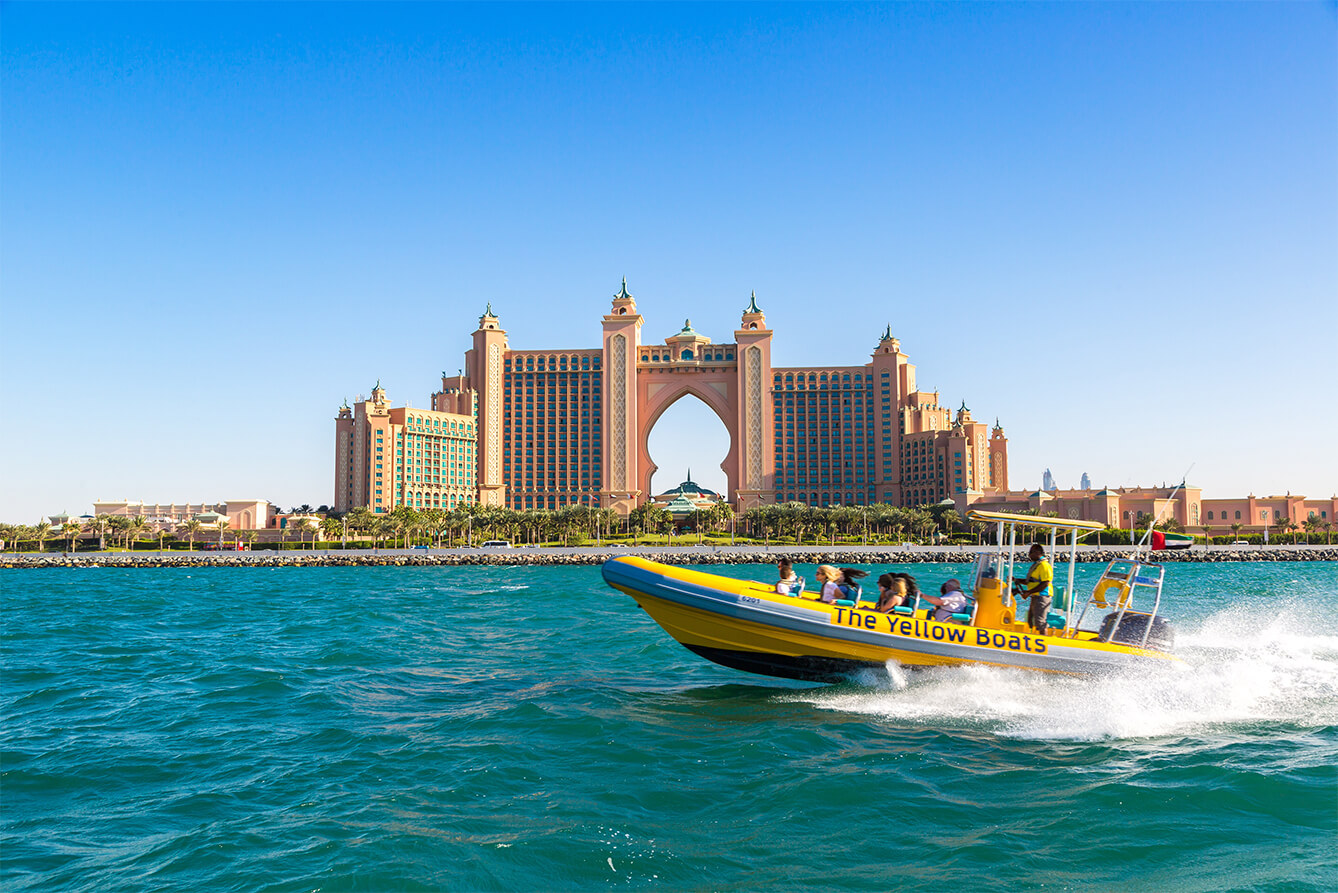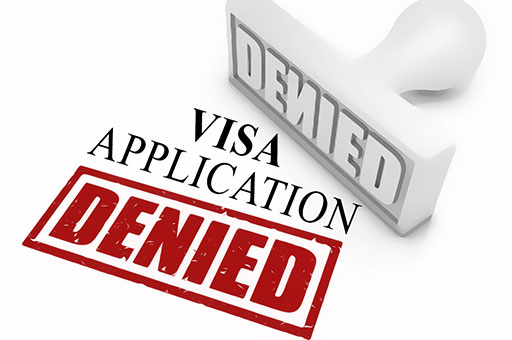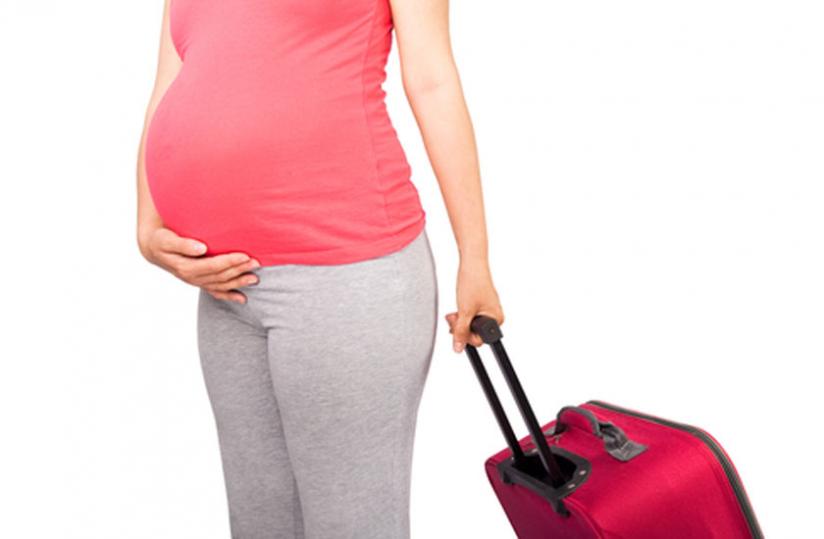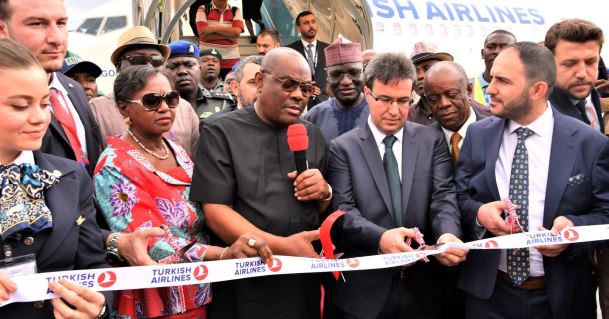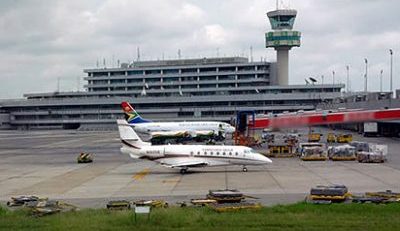The transport industry like every other sector has been hit by the dreaded diseases called Coronavirus which is now declared a pandemic by the World Health Organization (WHO). Amongst every other industry, the transport industry through its various forms is the biggest platform for the spread of the virus globally. The virus can only be transmitted when people, move from one point to another either by land (road, rail), Water (marine industry) or Air transport. Some states in Nigeria would probably have no record of coronavirus if not for visits from people who ignorantly start spreading the virus to friends and associates around them. Till now, the best method to contain the virus is enforcing restriction on movement (transport) by staying at home.
After the oil & gas sector, the transport industry is the second highest contributor to the gross domestic product (GDP) of Nigeria and after the basic necessity of life (food, clothing and shelter), freedom of movement is the next important activity to man for social interaction and facilitate trade. Thus, the travel industry is pivotal to the needs of man and the growth of the economy. The effect of the virus on the travel industry is enormous not only for tourist but also on travel operator. Arguably, the industry is one of the worst hit as it facilitates movement around the world. Currently, airports across are empty, aircrafts are grounded, government of different nations issuing travel ban and closing their state & national border to vehicular movement, without sparing the airspace. Airlines and Ancillary service providers (travel agencies, cargo handling, cleaning, catering, fueling companies, bureau de change) in the value chain are closed while some laying off workers to reduce cost.
The extent of revenue and job loss in the transport industry cannot be fully quantified yet as travel companies keep losing daily until the end of these pandemic, thou estimate from international bodies reads in billions of dollars. The impact on global tourism has made buzzling tourist destinations become a shadow of themselves compared to previous years. The Disney world, the Dubai malls, Sentosa island and others are not receiving patronage but rather tourist are cancelling bookings and seeking for refund. The travel calendar for the year has also been affected as we are not likely to have the usual summer holidays. This is adversely affecting states & countries that generates high revenue from the tourism & hospitality business. The maintenance of parked vehicles, locomotives or coaches, aircrafts are another major issue for travel operators as they protect the major compartment of the aircraft from wear and tear. Most production companies like Boeing, Airbus (for aircraft), Toyota, Ford (Vehicles) are reducing production as demand for new vehicles, aircraft across the world will drop as propensity to travel reduces.
The first case of coronavirus recorded in Nigeria was on the 27th of February from an Italian citizen who returned through air transport from Italy to Lagos. This has affected various economic and industrial activities of man and in the country at large. As a way of reducing the spread of the virus into various states & the country, the Federal Government (FG) issued travel ban to thirteen (13) countries with high risk cases of the virus and closing the airspace to commercial flight operation except for special passenger flights that flew critical routes. Amidst the Covid-19 spread, about four thousand (4000) nationals from other countries have been repatriated from our Lagos and Abuja International airports. These are expatriate who are contributing to the growth of the Nigeria economy and will lead to brain-drain of foreign expertise who might not return to Nigeria.
Considering the seaport, which is strategic to the Nigeria economy as 80% of the worlds volume of goods comes in by sea and whoever commands the sea, commands the trade. Despite the nationwide lockdown, the president instructed that ports remains operational to keep fueling the economy. Thus, vessels still berth allowing essential cargoes like Medicine, food, factory raw materials for the running of the country from the various terminals. The waves of the virus did not spare the industry, as there are six confirmed cases of Covid-19 on a vessel in the Nigeria seaport. Thus, as much as its important to leave port open, its operation must be in line with recommendations of Health Authorities. The disruption in international logistics chain, the slump in demands for goods and its cancellation especially from China (the epicenter of the virus) are challenges of the maritime industry. Oil vessels are on the sea across the world looking for buyers as oil prices continue to dwindle, and factories that need them are closed even to their demanded raw-materials thus causing cargo congestion at the ports. Thus, it is a challenging time for trade despite falling oil revenue for government.
In the rail transport industry, the Nigeria Railway Corporation has suspended operation as at Monday, 23rd of March amidst the spread of the coronavirus. This led to the suspension of the operation of train and passenger movement across the various train stations in Nigeria especially the Abuja/Kaduna and the Lagos/Kano rail track.
The 150 kilometer rail gauge, which is the major railway project linking Lagos to Ibadan has also been delayed due to coronavirus outbreak as workers from china had not returned to the country ever since the outbreak of the virus in china which is the epicenter of the diseases and the Nigerians who also work on site are at home observing the compulsory stay-at-home of the Federal Government. The Minister of transport Rotimi Amaechi has earlier announced that the project will be completed by May, 2020 but this is not feasible. The project worth $1.5billion has been on-going by the China Civil Engineering Corporation. (CCEC) for some months and close to completion.
As social distancing will be a major priority, effect of covid-19 might lead to seat re-configuration in aircrafts, whereby more spacing will be factored in-between seats to reduce human contact as some airlines are closing their middle seats. Thus, a Boeing 737 aircraft that has an average of two hundred (200) seat capacity might reduce it to hundred (100) or lower. If seat re-configuration is not considered, mass transit buses or taxis, aircrafts, trains might have to operate at 40% - 50% capacity to meet social distancing requirement. Despite this, the transport operators need to cover operational cost, statutory tax payments and still not make loss. Thus, burden will be passed to passengers who should be willing to pay more for travel service. While those who have earlier bought their flight tickets before the outbreak will need to request for “date change” as they pay little additional fees and those canceling their bookings will request for a total refund. Transportation might gradually become a luxury (especially for air transport) as patronage will drop and also reduce non-essential trips as more people embrace the digital space (cloud) for meetings, trainings and conferences.
Health is another concern now. After international passport, your health certificate to affirm that you are physically and mentally fit might be required before you can board train or aircraft into any country. No country or state will want to risk having a passenger with any form of diseases through their border. It is expected our Health authority put in place series of safety measures which includes use of face masks, temperature check using thermometer gun, filling health declaration forms (for contact tracing), hand-sanitization at boarding gates and other travel advisory in case passenger fall ill at their destination. With this, it will not be business as usual after the lock-down as the process of checking in till the stage of boarding will take longer hours. Thus, a passenger cannot afford to get to an airport or train station late and still hope to board.
The digital space is revolving into every sector as a result of the pandemic. During and after the pandemic, tourist and tour operators will gradually tilt towards virtual travel to reduce physical interactions, by attending meetings in space or cloud via zoom or webinar, thus affect the demand for tourism globally as virtual reality gradually become a part of life
In the face of the current reality, travel operators in the industry are expected to focus more on survival strategies to rear their head above the storm as it channels its focus more into local tourism. Travel operators and the governments must consolidate plans to address the several challenges the industry face by conducting an impact assessment of the pandemic. We need to embrace technology and divorce from primitive methods in our operations; automating the ports to clear cargo faster, ability to purchase train and bus tickets online to reduce physical contact. Federal Government should also extend bailout to the transport sector to Cushing part of the challenges the industry is facing currently. Relationship building & training for travel operator is strategic as a post-coronavirus sales point as passengers need confidence to travel again.
Victor Oluwadamilare Oyejide is a Travel consultant and Transport geographer. He writes from Ibadan, Oyo State.
